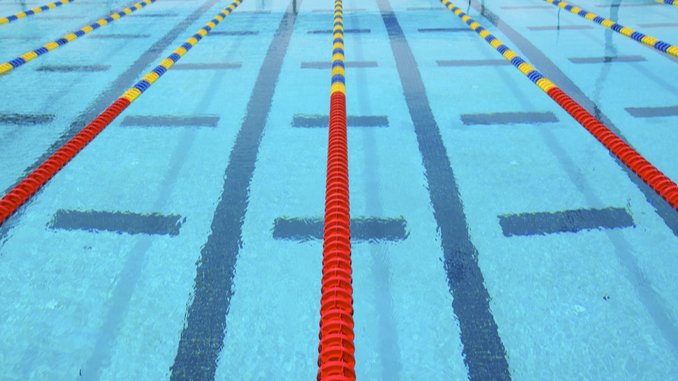Arizona Women's Bill of Rights
Do Arizona Candidates Side With Women’s Rights?

By Riley Gaines and Sami Keddington |
Riley Gaines, a former collegiate swimmer, gained national attention after competing against Lia Thomas, a trans woman who previously swam on the men’s team at the University of Pennsylvania. The two tied for fifth place in a race during the spring of 2022, but the aftermath left Gaines feeling undervalued when officials indicated Thomas needed to take the trophy for photographs, while her own would be mailed later. “What a degrading way to finish my swimming career,” she reflects.
Thomas’ legal battles continued this year when she sued World Aquatics, aiming to compete in the women’s category at the 2024 Paris Olympics. The organization’s policy prohibits anyone who has undergone male puberty from competing in women’s events, acknowledging the irreversible physical advantages that can result from it.
If Thomas had been permitted to compete, the results of women’s events could have markedly altered, as she posted the fastest time in the women’s 500 freestyle in 2022. This trend—over 500 awards given to males identifying as female—raises pressing concerns about fairness in women’s sports.
These issues challenge the protections established under Title IX, a law enacted 52 years ago promising equal opportunities for women in federally funded educational programs, including athletics. Nevertheless, interpretations of Title IX have evolved, with some arguing it now favors individuals identifying as women over the rights of biological females. In April, the Biden-Harris administration issued revisions to Title IX, prompting significant pushback from several states advocating for single-sex sports, although Arizona has not joined this movement.
Arizona leaders opted not to challenge the revised law, despite opportunities to reverse it through Congressional Review Act measures. Congressman Ruben Gallego, currently a candidate in Arizona’s competitive Senate race, voted against protecting women’s sports, raising concerns among advocates for women’s rights.
Both Gaines and Sami Keddington, a former professional disc golfer, emphasize that inclusion of biological males in women’s sports exemplifies a higher level of discrimination against women. They argue that this trend permeates various sectors, from prisons to private spaces, leading to an erosion of defining boundaries between male and female.
This year, the Arizona legislature passed the “Arizona Women’s Bill of Rights,” aiming to provide clear definitions of sex-based terms. However, Governor Katie Hobbs vetoed the bill, which activists viewed as a setback for women’s rights.
In response to these developments, Gaines initiated the Riley Gaines Stand With Women Scorecard in collaboration with Independent Women’s Voice, evaluating federal candidates’ commitments to protecting female opportunities. Kari Lake, another Senate candidate in Arizona, distinguished herself by signing the Stand With Women Commitment, earning classification as the only Riley Gaines-approved candidate in the race.
Both Gaines and Keddington stress the imperative to preserve opportunities for future generations of female athletes. The integrity of women’s spaces remains at a critical juncture, prompting voters to consider where their leaders truly stand on these issues.
Riley Gaines is an ambassador for Independent Women’s Voice and a former 12-time All-American swimmer at the University of Kentucky, also hosting “Gaines for Girls” on OutKick. Sami Keddington leads the Chandler, Arizona, chapter of Independent Women’s Network and is a former professional disc golfer.

















